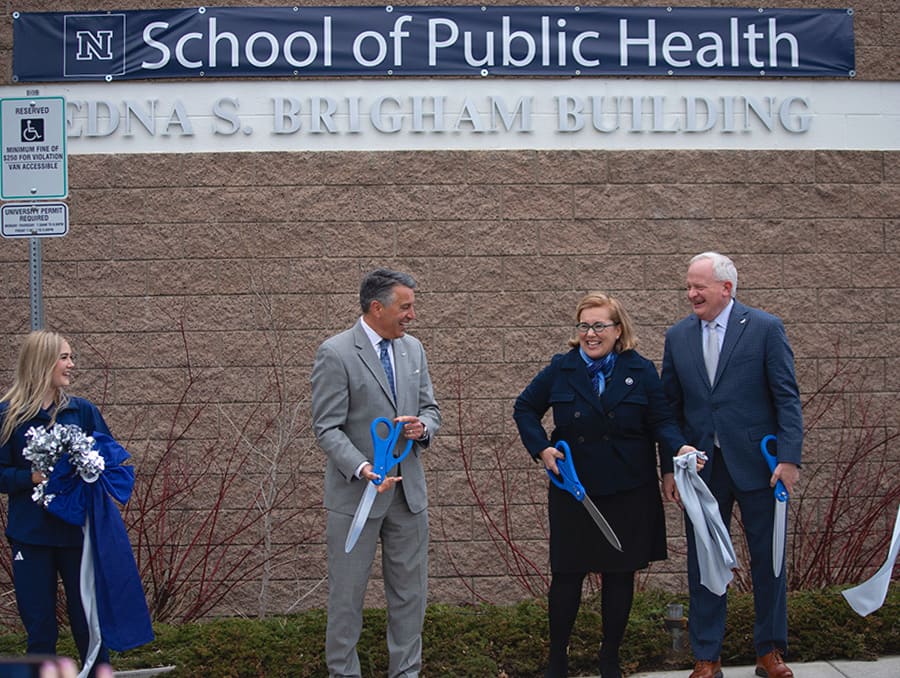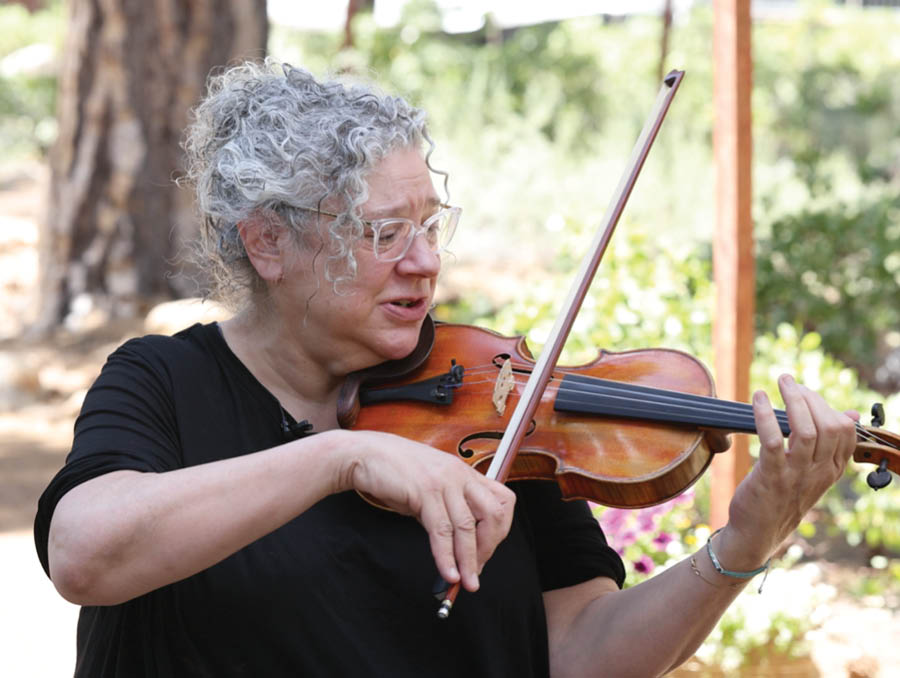Regents approved a tuition increase for the 2009-10 and 2010-11 academic years for the Nevada System of Higher Education (NSHE) institutions. For the state’s two universities, Nevada and UNLV, undergraduate tuition will increase five percent each year and graduate tuition will increase 10 percent each year.
Regents also approved a $5 per-credit, ASUN fee for Nevada undergraduate students as of fall 2009. ASUN leaders participated in the development of the tuition and student-government fee proposal and spoke in favor of both at the Regents’ April 24 and 25 meeting at Western Nevada College.
“It is regrettable that the five percent only keeps up with inflation, which is why the student senate supported a nine percent increase each year. Our student leaders understand that the University of Nevada, Reno is an excellent university, but needs to be even better to properly serve our students in the future,” said Glick.
Tuition and fees are evaluated every other year by a committee convened by the NSHE chancellor. By policy, the resulting proposal must consider tuition and fees data throughout the western states as published by the Western Interstate Commission on Higher Education (WICHE). The proposal is considered over the course of two Regents’ meetings to allow for public review and comment. Hearings are also held on the campuses to specifically provide for student comment.
For the proposal approved Friday, nine hearings were held across NSHE campuses including this University. Even with the increases, Nevada’s tuition and fees levels remain well below the WICHE median.
Two years ago ASUN leaders and University administrators began discussing the possibility of a fee to provide for a financially independent student government. In a resolution passed Jan. 28, 2008, the elected leaders of ASUN proposed the $5 per-credit fee to begin the fall 2009 semester. The resolution notes a separate fee provides greater transparency “by allowing students to directly see the amount they pay per semester to fund the Association.”
The entire $5 per-credit fee will go to ASUN.
“Creating a mechanism to allow undergraduates to directly fund student government operations and activities will hopefully motivate more students to become interested and involved in how their investment is spent,” said Shannon Ellis, vice president student services. “This funding source creates an amazing opportunity for students to make decisions and fund them.”
Currently, the University’s operating budget allocates the equivalent of $4.43 per-credit hour to fund ASUN. Having the separate fee in place frees up this operating-budget funding previously allocated to ASUN. The ASUN resolution requests that maintenance of current class sections be a top funding priority, and any funds beyond that be directed toward “supporting services that directly impact student life.”
“I have been very impressed by our student leaders,” said Glick. “They understand the complexity and reality of our budget constraints, and they are willing to make constructive decisions that will have positive, long-term benefits. Their legacy will be a vibrant, engaged student body and a university that is even better than it is today.”
The University’s plan to meet the budget reduction mandated by Nevada Gov. Jim Gibbons in January calls for implementation of a $5 per-credit surcharge for graduate and undergraduate students for two semesters: fall 2008 and spring 2009. Because the new $5 per-credit undergraduate fee begins in fall 2009, the surcharge and the ASUN fee will not overlap.











